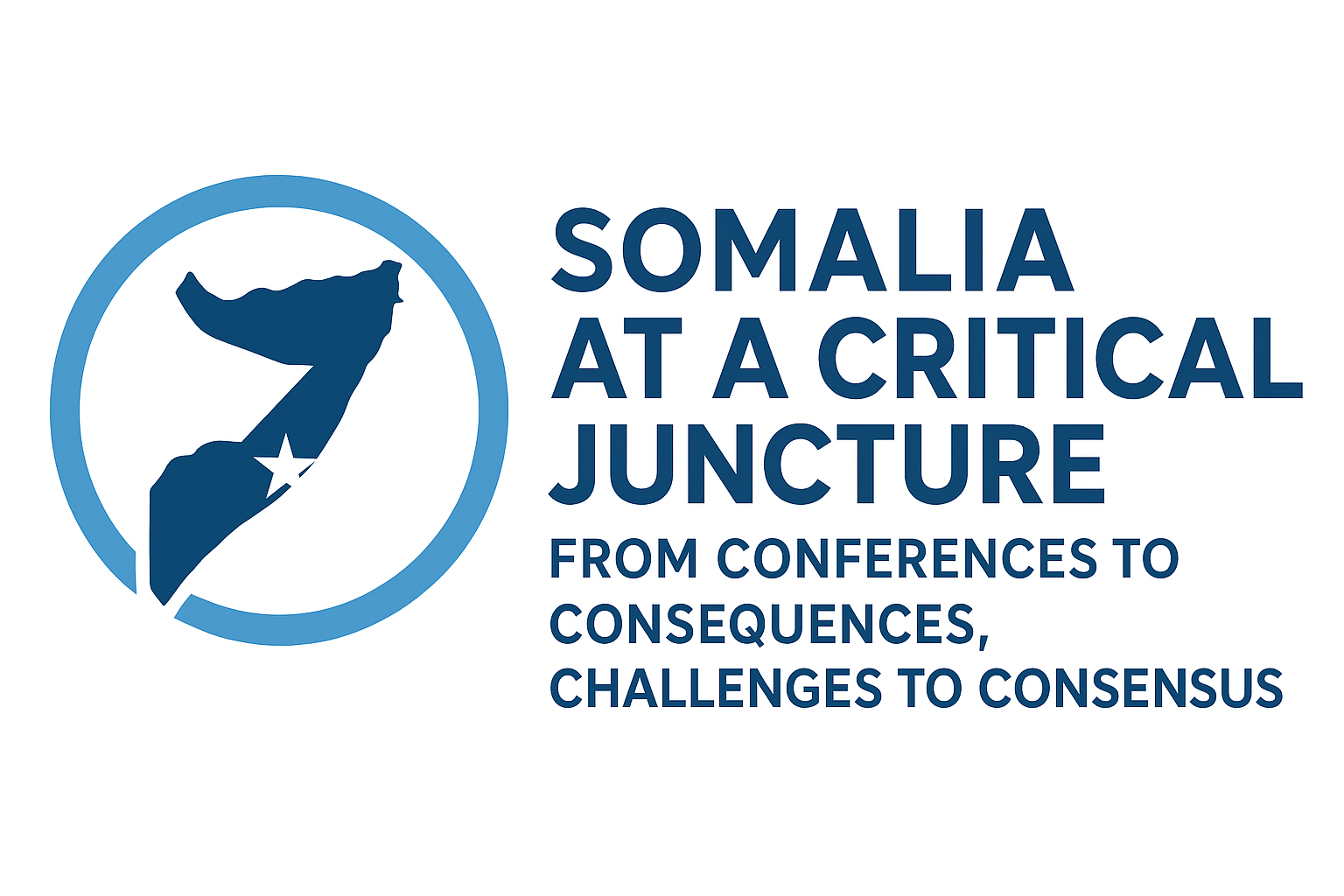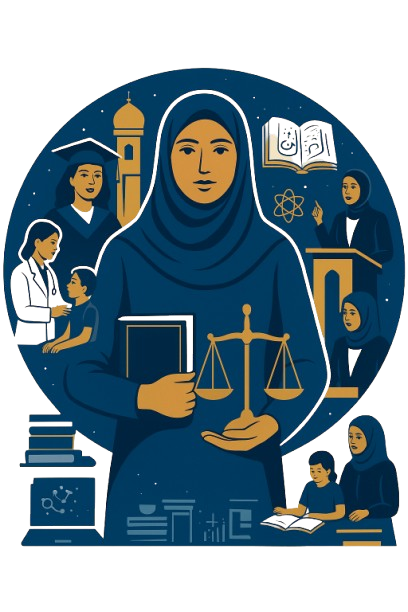Origins and Global Investment: Shaping the State from Abroad
Somalia’s state-building journey has been shaped largely by external interventions. From the 2002 Kampala talks to the 2004 Mbagathi conference, donor-led initiatives attempted to build transitional institutions after years of civil war. Since then, billions of dollars have flowed into Somalia—supporting security reforms, federal institutions, infrastructure, education, and humanitarian relief. Yet, despite these vast resources, Somalia remains fragile. Its governance is contested, its institutions weak, and its people face daily insecurity and poverty.
Persistent Obstacles and Their Domino Effects
Constitutional Overreach and Eroding Legitimacy
In March 2024, Somalia’s National Consultative Council introduced sweeping constitutional amendments. These changes extended presidential powers by granting the head of state authority to appoint the prime minister without parliamentary approval, introduced universal suffrage, and shifted timelines in a way that favored the sitting president. Regional states such as Puntland and Jubaland rejected these unilateral moves, suspended recognition of the federal government, and demanded that the constitution be ratified through a public referendum.
Electoral Deadlock and Clan-Based Exclusion
The electoral model remains unresolved. Efforts to transition from the traditional clan-delegate system to one-person-one-vote collapsed in mid-2025 after talks in Mogadishu failed to reach agreement. Puntland has already held direct elections at the local level, showing that universal suffrage is possible in Somalia. Still, political deadlock at the federal level has left the timeline for national elections uncertain.
Security Fragility Worsened by Political Division
Al-Shabaab continues to exploit divisions between federal and regional authorities. The 2025 Shabelle offensive highlighted the importance of unity, yet disagreements between President Hassan Sheikh and regional leaders such as Ahmed Madobe of Jubaland undermine coordination. This fragmentation weakens counterinsurgency operations and erodes public trust in the state’s capacity to provide security.
Corruption, Aid Mismanagement, and Donor Fatigue
Somalia’s reputation for corruption remains one of the greatest threats to stability. Independent investigations suggest that up to half of aid resources are lost to fraud and collusion. With USAID cutting its support by 83 percent, 4.4 million Somalis are now at risk of malnutrition. Humanitarian operations for displaced persons have been disrupted, leaving camps without vital assistance.
The drawdown of U.S. military and development support has further undermined elite security units like Danab, creating opportunities for al-Shabaab. Donors are increasingly reluctant to commit funds to a system seen as unaccountable.
Opposition Voices and Democratic Principles
Somalia’s opposition leaders—including Hassan Ali Khaire, Sharif Sheikh Ahmed, and Mohamed Abdullahi Farmaajo—have consistently called for transparency, fairness, and consensus in elections. They accuse President Hassan Sheikh Mohamud of using constitutional amendments to strengthen his own position while silencing dissent.
It is important to recall that when he was in opposition, Hassan Sheikh himself argued against unilateralism and winner-take-all politics. Today, his government is pursuing the very strategies he once denounced. This contradiction deepens mistrust among opposition groups and federal states, making inclusive dialogue more urgent.
Puntland and Jubaland, in particular, demand an electoral model that all actors agree upon—one that preserves federalism, guarantees fair representation, and ensures the participation of women, youth, and minority clans.
International Community: Pressure for Consensus
International partners are losing patience. The European Union has frozen $20 million in electoral support, while the United Nations warns that democratic progress cannot advance if power remains concentrated in Mogadishu. The UN Security Council has urged Somali leaders to avoid winner-take-all politics and return to dialogue.
A Way Forward: Inclusive Compromise and Shared Responsibility
Somalia’s stability depends on reaching wax la wada ogolyahay—a consensus that all political actors accept. Key steps should include:
- Direct elections under the supervision of a neutral and transparent electoral commission.
- A constitutional referendum that reflects the voices of all federal states and citizens.
- Inclusive representation for women, youth, and marginalized communities.
- Shared security strategy between federal and state governments to counter al-Shabaab.
- Conditional international support tied to transparency and accountability in aid management.
Summary of Realities
| Issue | Current Facts & Figures |
| Aid Diversion | Up to 50% of aid lost to corruption |
| Malnutrition | 4.4 million Somalis at risk due to aid cuts |
| NGO Operations | USAID freeze paralyzed IDP support |
| Security Vacuum | U.S. drawdown weakened Danab; Turkey fills gap |
| Constitutional Crisis | Reforms in 2023–24 centralized power, triggered federal pushback |
| Election Deadlock | Dispute over clan vs direct voting; Puntland proved feasibility of one-person-one-vote |
| International Pressure | EU froze $20M, UN urges dialogue and inclusivity |
Conclusion
Somalia now stands at a crossroads. The current president faces a choice: repeat the cycle of unilateralism he once opposed, or lead a process that restores unity and trust. The opposition is clear in its demands—fair elections, constitutional legitimacy, and inclusion for all Somali citizens.
Lasting stability cannot be achieved through exclusion or constitutional shortcuts. It will only come from compromise, consensus, and a political compact that prioritizes the Somali people over personal ambition. If this path is chosen, Somalia can regain international trust, strengthen its democracy, and finally move toward the peace and development its people deserve.
by brilliance brcsom.com





